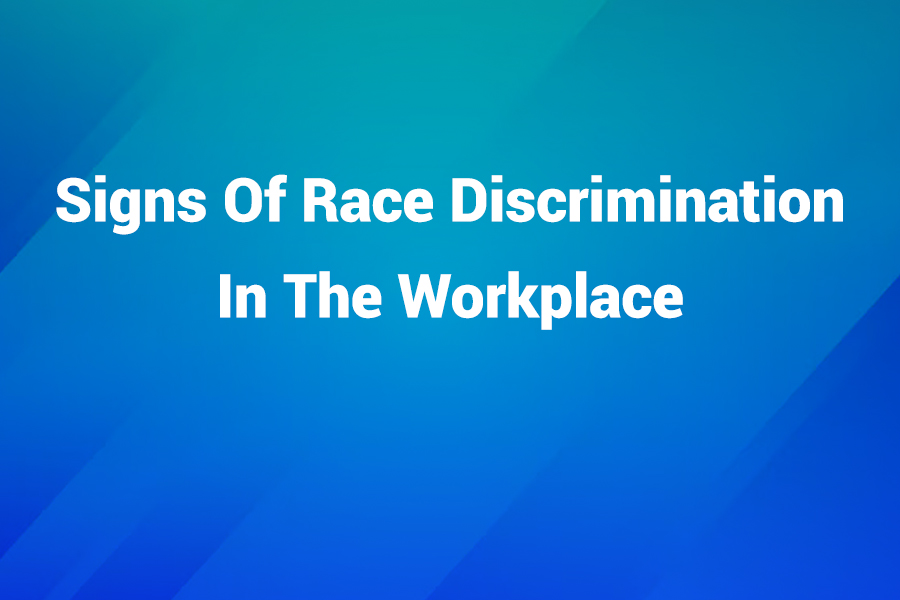Estimate potential spousal support based on California guidelines
Income Information
Enter the monthly income for both parties
Marriage Details
Information about your marriage duration
Is this a long-term marriage (10+ years)?
Additional Factors
Other circumstances that may affect alimony determination
Select all factors that apply:
Your Alimony Estimate
This calculator provides estimates based on common guidelines. Actual court determinations may vary.
Temporary Alimony
Long-Term Alimony
Factors Considered
- Income disparity between spouses
- Length of marriage
- Standard of living during marriage
- Age and health of both parties
Email Your Results
Understanding California Alimony Laws
California courts use specific guidelines to determine spousal support, commonly known as alimony. The state follows the "Santa Clara" guideline for temporary support and considers numerous factors outlined in Family Code 4320 for long-term support.
Unlike child support, California does not have a fixed formula for determining permanent spousal support. Instead, judges consider various factors including the length of the marriage, each spouse's earning capacity, and the standard of living established during the marriage.
For marriages lasting less than 10 years, alimony typically lasts for half the length of the marriage. For marriages over 10 years (considered "long-term"), the court may not set a definite termination date.
Key Factors Affecting Alimony in California
Financial Status
Income, assets, debts, and overall financial situation of both parties.
Marriage Duration
Length of marriage significantly impacts both amount and duration of support.
Education & Employment
Education level, skills, job market, and employment history of both spouses.
Standard of Living
Courts aim to maintain the marital standard of living when possible.
Health & Age
Physical condition, age, and ability to work impact support determinations.
Tax Implications
Tax consequences for both parties are considered in support calculations.
Types of Alimony in California
Temporary Alimony
Awarded during divorce proceedings to maintain financial stability. California often uses the "Santa Clara" guideline formula: 40% of higher earner's income minus 50% of lower earner's income (adjusted if there are children).
Rehabilitative Alimony
Provides support while the receiving spouse gains education or job skills to become self-supporting. Most common type in California, especially for marriages under 10 years.
Permanent Alimony
Typically awarded after long-term marriages (10+ years) or when the receiving spouse cannot become self-supporting due to age, health, or other factors. Despite the name, it can be modified under certain circumstances.
Lump Sum Alimony
One-time payment instead of ongoing monthly payments. Less common but may be appropriate when there are significant assets or when the paying spouse wants to fulfill the obligation immediately.
Frequently Asked Questions
How is alimony calculated in California?
For temporary support during divorce proceedings, California courts often use the "Santa Clara" guideline: 40% of higher earner's income minus 50% of lower earner's income (adjusted if there are children). For long-term support, courts consider numerous factors outlined in Family Code 4320, including marriage length, standard of living, and each spouse's earning capacity.
How long does alimony last in California?
For marriages under 10 years, alimony typically lasts for half the length of the marriage. For marriages over 10 years (considered "long-term"), the court may not set a definite termination date, though the goal is for the supported spouse to become self-supporting within a reasonable time.
Can alimony be modified in California?
Yes, alimony can be modified if there is a "material change in circumstances" such as job loss, significant income changes, retirement, or the supported spouse's remarriage or cohabitation. However, if the original agreement specifically states that alimony is "non-modifiable," then it cannot be changed.
Does remarriage affect alimony in California?
Yes, alimony automatically terminates when the supported spouse remarries. Additionally, if the supported spouse is cohabiting with a new partner in a relationship akin to marriage, the court may reduce or terminate alimony even without formal remarriage.
Is alimony taxable in California?
For divorces finalized after January 1, 2019, alimony is not tax-deductible for the payer and not taxable income for the recipient due to federal tax law changes. For divorces finalized before 2019, the old rules may still apply where alimony was tax-deductible for the payer and taxable income for the recipient.
California Alimony Resources
California Courts Self-Help
Official California Courts website with information on spousal support laws and procedures.
California Family Code Section 4320
The specific law outlining factors courts consider when determining spousal support.
Legal Aid Foundation of Los Angeles
Provides free legal services to low-income individuals, including assistance with spousal support issues.
California Department of Child Support Services
While primarily focused on child support, this agency also provides information related to spousal support.







